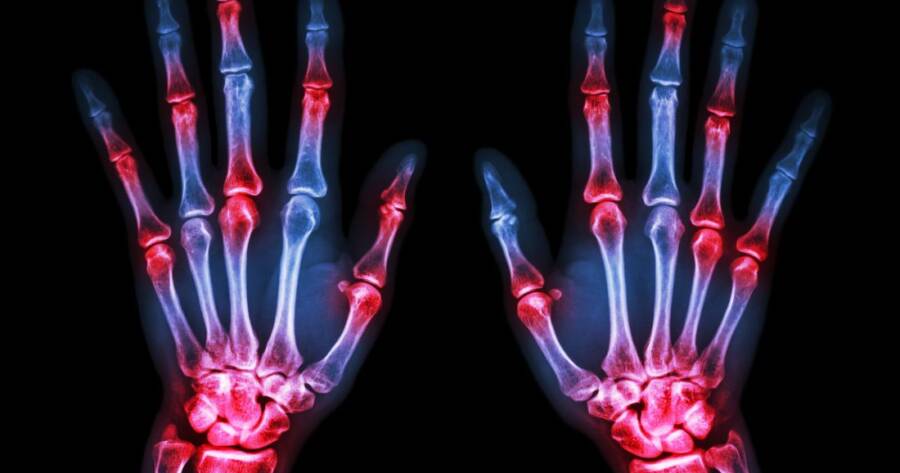Rheumatoid arthritis (RA) is an autoimmune disorder that affects the joints, causing persistent inflammation, pain, and swelling, most often in the arms, hands, legs and feet. It affects approximately one percent of Americans.
There are a number of medications available that can be used to help stop rheumatoid arthritis getting worse and reduce your risk of further problems.
These are often divided into two types of medication: ‘disease-modifying anti-rheumatic drugs (DMARDs)’ and ‘biological treatments’.
Disease-modifying anti-rheumatic drugs (DMARDs)
If you have been diagnosed with rheumatoid arthritis, you will normally be offered a combination of DMARD tablets as part of your initial treatment, as these medications are particularly effective in easing symptoms of the condition and slowing down its progression.
DMARDs work by blocking the effects of the chemicals released when the immune system attacks the joints, which could otherwise cause further damage to nearby bones, tendons, ligaments and cartilage.
There are many different DMARDs that can be used, including methotrexate, leflunomide, hydroxychloroquine and sulfasalazine.
Methotrexate is normally the first medicine given for rheumatoid arthritis, often alongside another DMARD and a short-course of corticosteroids to relieve any pain (see below). It may also be combined with the biological treatments mentioned below.
Common side effects of methotrexate include feeling sick, loss of appetite, a sore mouth, diarrhoea, headaches and hair loss. The medication can also sometimes have an effect on your blood count and your liver, so you will have regular blood tests to monitor this.
Less commonly, methotrexate can affect the lungs, so you will usually have a chest X-ray and possibly breathing tests when you start taking methotrexate, to provide a comparison if you develop shortness of breath or a persistent dry cough while taking it. However, most people tolerate methotrexate well.
It can take a few months to notice a DMARD working. It is important to keep taking the medication, even if you do not notice it working at first.
You may have to try two or three types of DMARD before you find the one that is most suitable for you. Once you and your doctor work out the most suitable DMARD, you will usually have to take the medicine in the long term.
Biological treatments
Biological treatments are a newer form of treatment for rheumatoid arthritis. They include etanercept, infliximab, adalimumab, certolizumab, golimumab, rituximab, abatacept and tocilizumab.
They are usually taken in combination with methotrexate or another DMARD and are normally only used if these medications alone have not been effective.
Biological medications are given by injection and they work by stopping particular chemicals in the blood from activating your immune system to attack your joints.
Side effects from biological treatments are usually mild and include skin reactions at the site of the injections, infections, feeling sick, a high temperature (fever) and headaches.
Some people may also be at risk of getting more serious problems, including the reactivation of infections such as tuberculosis (TB) in people who have had them in the past.
Alternative Treatments
 Puwadol Jaturawutthichai / Shutterstock.com
Puwadol Jaturawutthichai / Shutterstock.com


